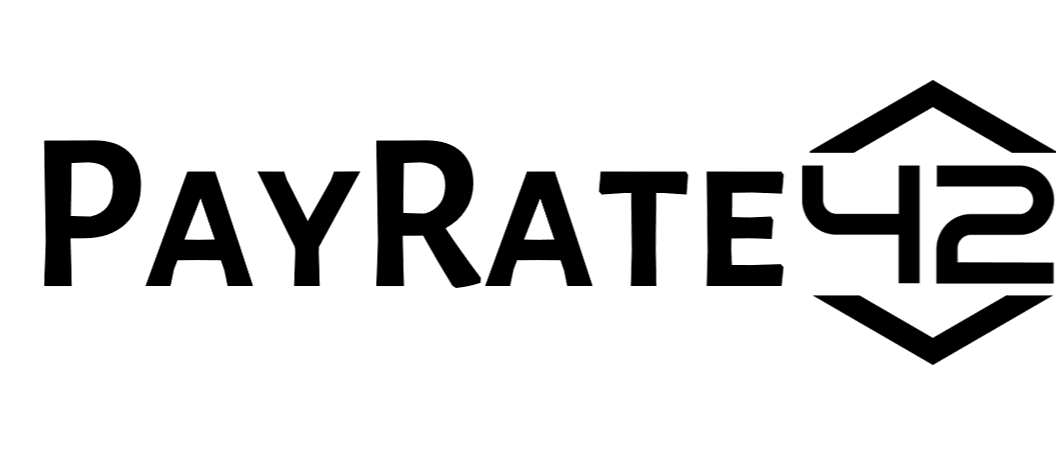FSA
Overview
The Sweden Financial Supervisory Authority (Finansinspektionen, FSA) is the regulatory body responsible for overseeing the Swedish financial market. It was established to ensure the stability of Sweden’s financial system, promote consumer protection, and maintain confidence in the financial markets. The FSA supervises financial institutions, including banks, insurers, stock exchanges, and companies operating within the fintech and cryptocurrency sectors. Its mandate extends to monitoring compliance with laws, regulations, and guidelines designed to safeguard the financial industry and protect consumers.
Key Features
- Comprehensive Supervision: The FSA regulates a broad range of financial entities, including banks, insurance companies, securities firms, and crypto-related businesses, ensuring they adhere to financial laws and maintain ethical standards.
- Consumer Protection: One of the FSA’s primary functions is to safeguard the interests of consumers. It monitors financial institutions to ensure they provide clear information, treat customers fairly, and maintain adequate financial buffers.
- Market Stability: The FSA plays a crucial role in maintaining the overall stability of Sweden’s financial system. It conducts regular inspections and requires financial institutions to have sufficient capital and risk management practices in place.
- Anti-Money Laundering (AML) and Counter-Terrorism Financing (CTF): The FSA enforces strict AML and CTF regulations, ensuring that Swedish financial institutions comply with international standards to prevent financial crime.
Regulatory Activities
The FSA’s regulatory activities include licensing, supervision, and enforcement. The authority has the power to issue sanctions, fines, and suspensions for non-compliant financial institutions. It also collaborates with international regulators to ensure that global financial standards are met within Sweden’s financial sector.
- Licensing: All financial institutions operating in Sweden must obtain a license from the FSA. This applies to traditional banks, investment firms, and new players in the fintech and cryptocurrency sectors.
- Supervision: The FSA conducts regular audits and inspections to ensure that institutions comply with Swedish financial regulations. It reviews risk management, capital adequacy, and financial reporting to ensure transparency and accountability.
- Enforcement: The FSA is empowered to take enforcement actions, including issuing fines, revoking licenses, or taking legal action against companies that fail to comply with regulations.
Recent Regulatory Focus
In recent years, the FSA has increased its focus on the fintech and cryptocurrency sectors, reflecting the growth and potential risks posed by these industries. It has issued warnings about the volatility and regulatory gaps in the crypto markets, while also exploring frameworks to better integrate these technologies into the regulated financial system. Additionally, the FSA has actively implemented measures related to sustainable finance, promoting transparency and compliance with environmental, social, and governance (ESG) standards.
Compliance Rating Conclusion
The Sweden Financial Supervisory Authority (FSA) is recognized for its stringent regulatory framework and proactive stance in maintaining the integrity of the Swedish financial system. Its emphasis on consumer protection, financial stability, and anti-money laundering practices makes it a leading regulatory body in Europe.
Reputation: The FSA enjoys a strong reputation for its comprehensive approach to supervision and enforcement, ensuring that Swedish financial institutions operate under a high level of scrutiny. However, the expanding fintech and cryptocurrency sectors present challenges, and the FSA continues to refine its regulatory approach to adapt to these rapidly evolving markets.
Regulatory Effectiveness: The FSA’s effectiveness lies in its rigorous supervision and enforcement actions, which ensure that financial institutions remain compliant with regulations. The authority’s willingness to adapt to new technologies and market developments, such as cryptocurrencies, reflects its forward-looking approach.
Rating: Green Compliance – The FSA’s regulatory framework is robust, and its actions demonstrate a strong commitment to maintaining market integrity and consumer protection. However, as the financial landscape evolves, particularly with the rise of fintech and digital assets, the FSA’s ability to adapt and manage new risks will remain critical.
Recommendation
The FSA is highly recommended as a regulatory authority for financial institutions operating in Sweden. Its clear guidelines, rigorous supervision, and commitment to consumer protection provide a stable and reliable regulatory environment. Financial institutions, especially those involved in innovative sectors like fintech and cryptocurrency, should remain vigilant and proactive in complying with the FSA’s evolving regulations to avoid potential sanctions or enforcement actions.
